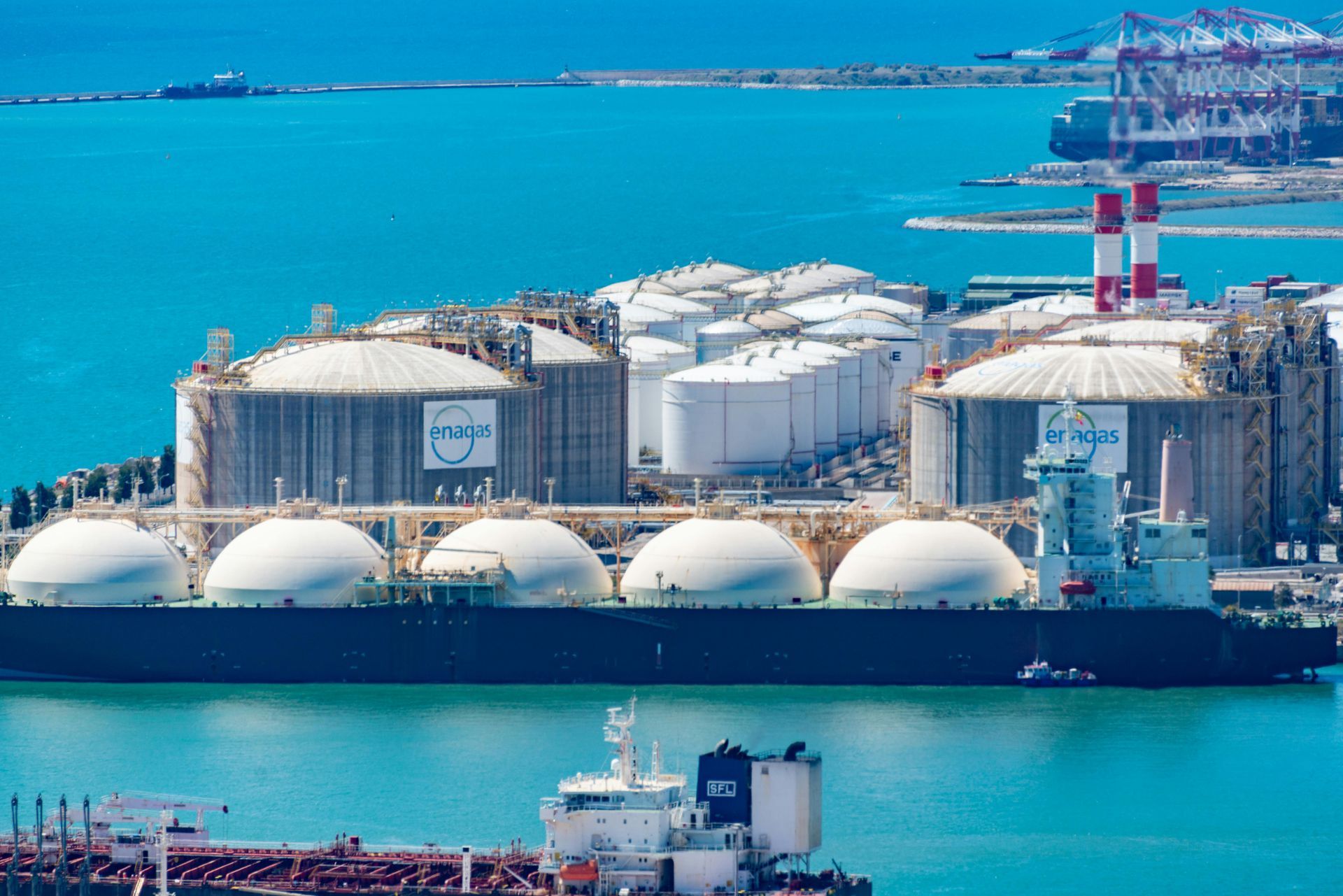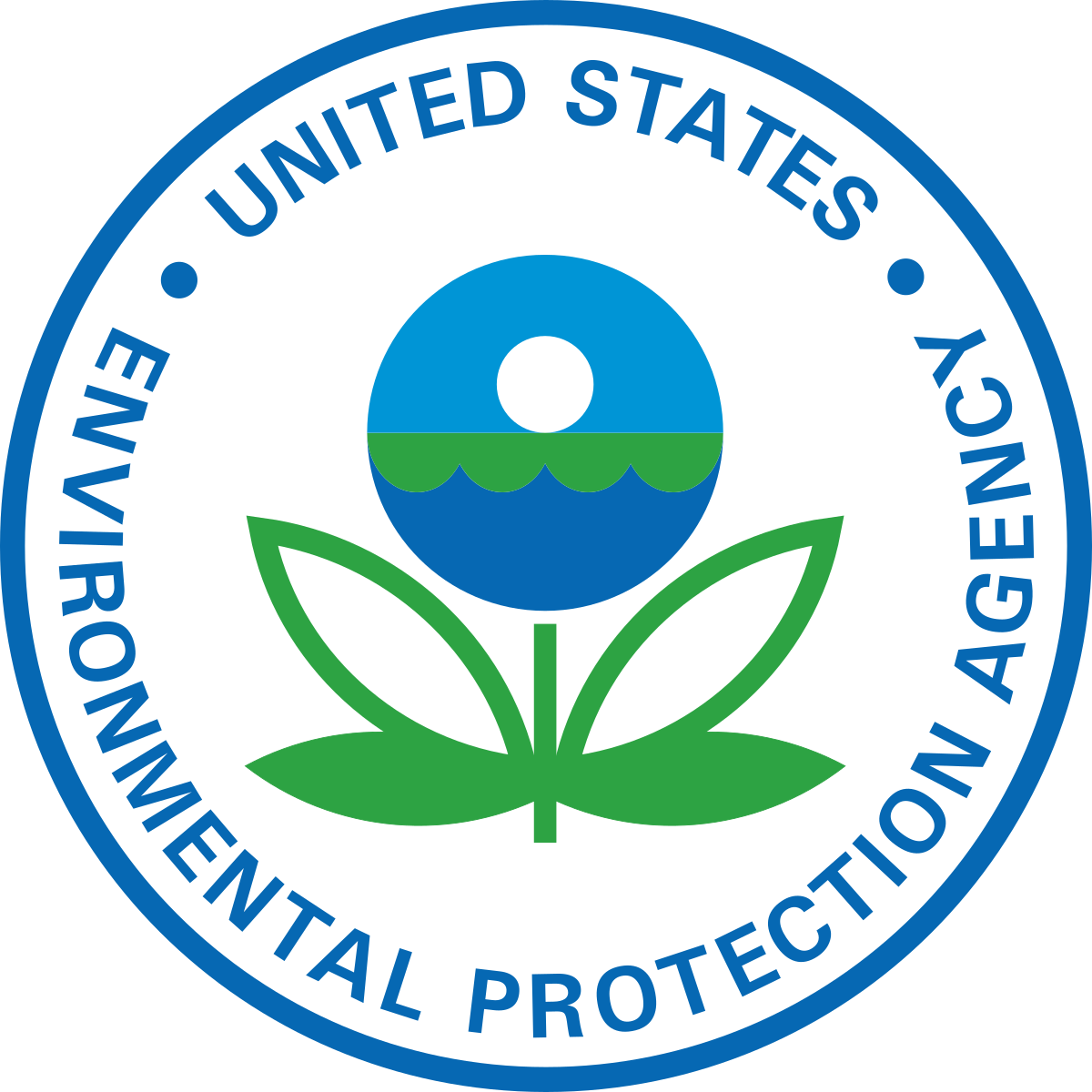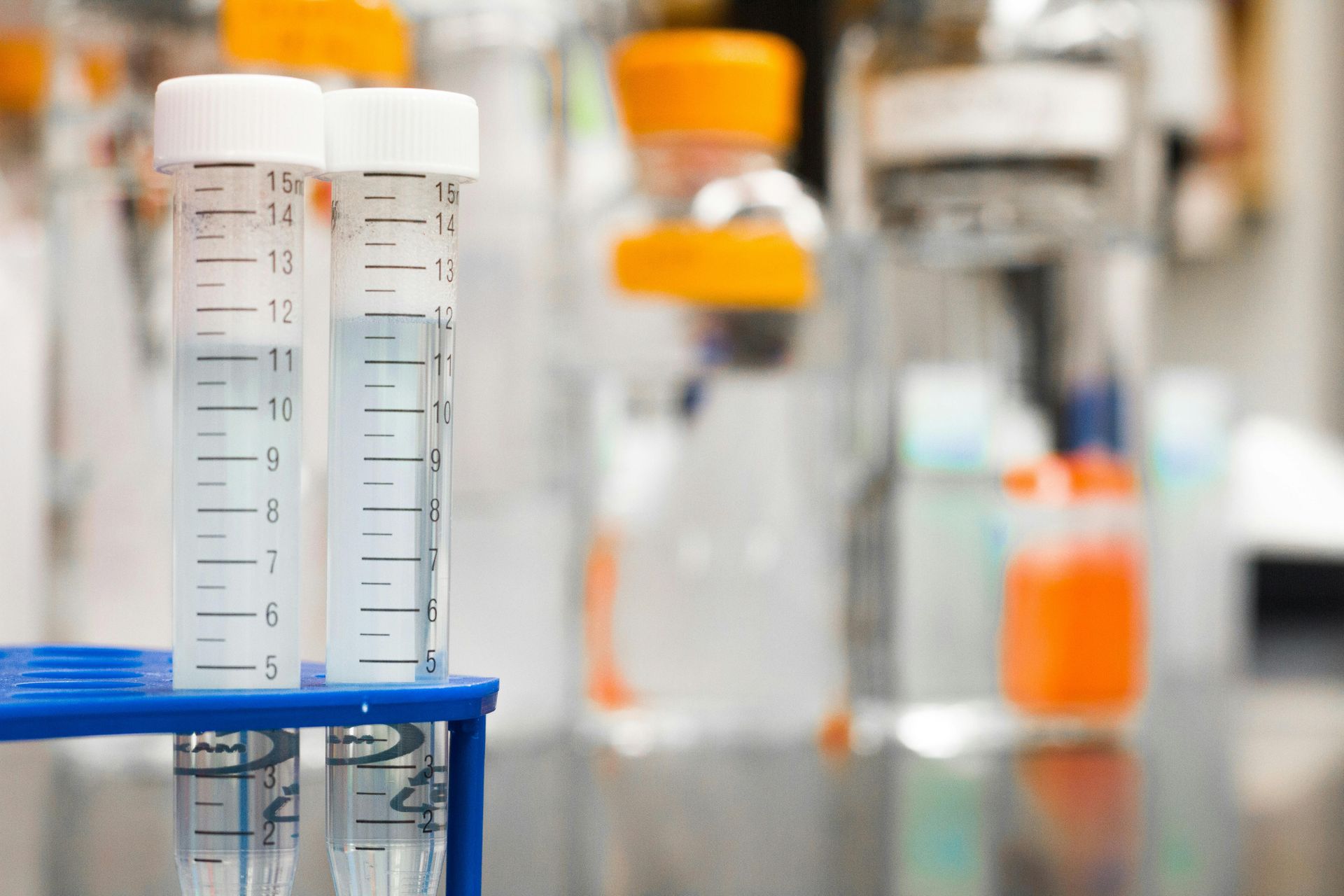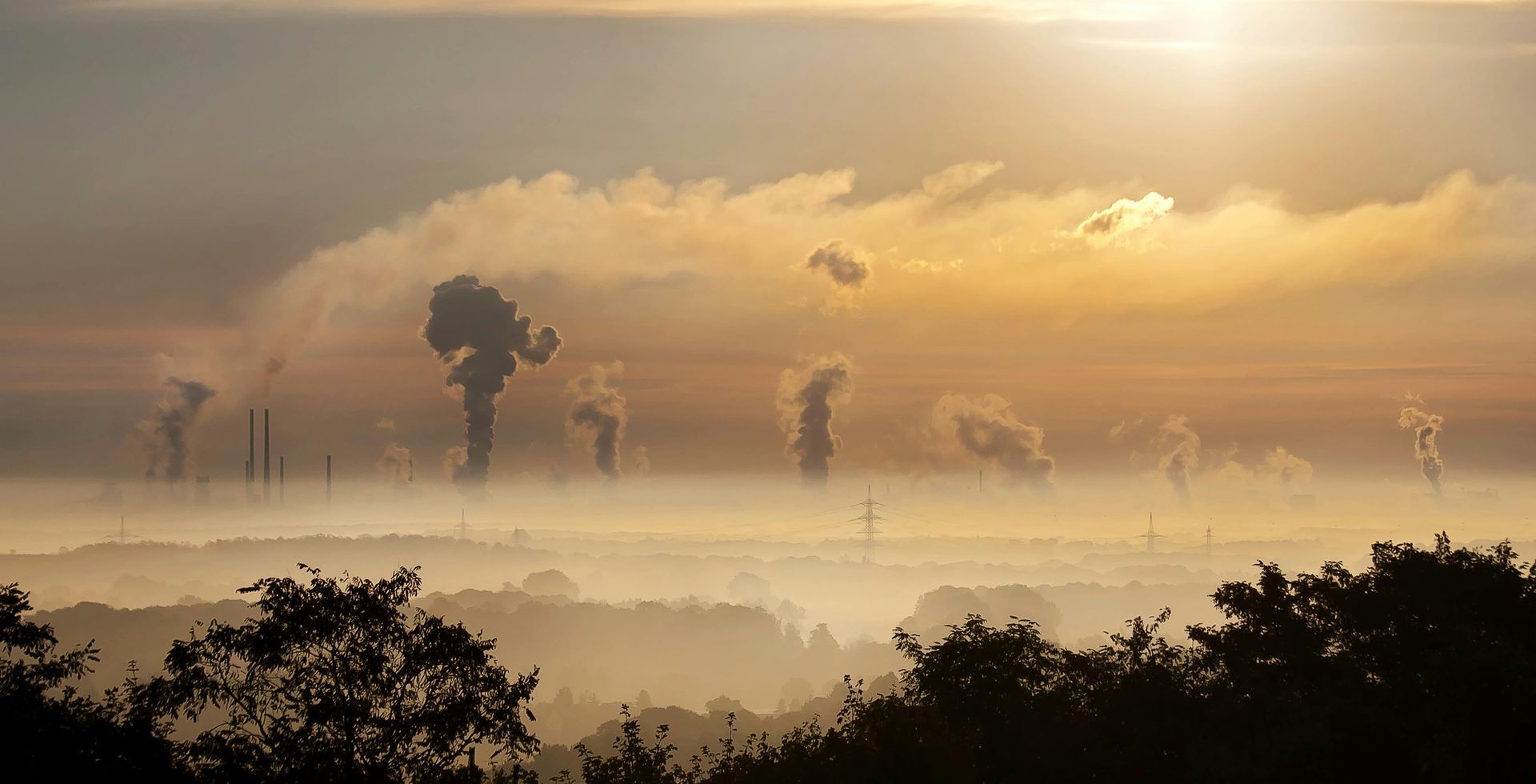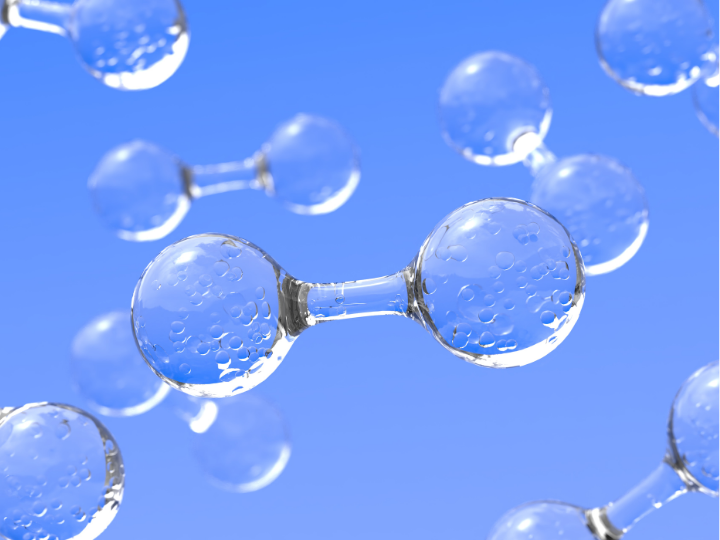Biden-Harris Administration Invests $10 Million to Develop New and Alternative Supplies of Critical Minerals and Materials.
WASHINGTON, D.C.— In support of President Biden’s Investing in America agenda, the U.S. Department of Energy (DOE) today announced $10.2 million for four projects that will advance cost effective and environmentally responsible processes to produce and refine critical minerals and materials here in the United States. The funding, provided by the Bipartisan Infrastructure Law, will help meet the growing demand for critical minerals and materials by developing new and alternative supplies through a broad range of domestic resources, thereby reducing our dependence on offshore supplies. Critical minerals and materials are key to manufacturing clean energy technologies—such as solar panels, wind turbines, electric vehicles, and hydrogen fuel cells—that will help America reach the Biden-Harris Administration’s ambitious climate goals. This funding opportunity will create good-paying jobs and support communities across the country that have historically depended on mining and energy production.
“America’s clean energy and manufacturing boom will require large quantities of critical minerals and materials, which is why developing sustainable domestic resources for meeting this demand has become a Biden-Harris Administration priority,” said U.S Secretary of Energy Jennifer M. Granholm. “We are investing in innovative technologies and techniques to protect scarce mineral resources all while enhancing our energy security.”
According to the U.S. Geological Survey, more than 95% of the U.S. demand for rare earth elements comes from foreign sources, more than 50% of most critical minerals come from foreign sources, and at least 12 critical minerals come exclusively from foreign sources.
Critical Material Innovation, Efficiency, and Alternatives
The “Critical Material Innovation, Efficiency, and Alternatives” funding opportunity announcement (FOA) will provide up to $150 million over several rounds of project selections to help to build a secure, sustainable domestic supply of critical minerals from sources across the United States, including recycled materials, mine waste, industrial waste, and ore deposits. Specifically, the FOA will support bench- and pilot-scale research, development, and demonstration projects to increase the robustness of domestic supply chains and reduce our reliance on foreign supply chains. The first four projects selected for negotiation fall under the “Alternative Materials” area of interest, and are focused on developing critical mineral and material alternatives and substitutes:
- Idaho National Laboratory, Battelle Energy Alliance LLC (Idaho Falls, Idaho) plans to develop a novel and fully domestic decarbonized pathway to manufacture high-purity synthetic graphite, along with other durable carbon-based materials, from carbon dioxide-based feedstocks.
- Iowa State University of Science and Technology (Ames, Iowa) plans to integrate the conversion of copper waste generated through the recycling of permanent magnets with highly energy-efficient chemical processes for producing hydrogen.
- The Pennsylvania State University (University Park, Pennsylvania) plans to research the materials science and engineering of boron nitride and its potential application in the manufacture of semiconductor devices as an alternative to gallium, almost none of which is produced in the United States.
- Aspen Aerogels, Inc. (Northborough, Massachusetts) plans to scale up their lithium iron phosphate-based battery technology from bench‐scale to pilot‐scale for use in electric vehicles—as an alternative to lithium‐ion batteries that require key critical materials, such as nickel and cobalt, that are largely sourced from outside the United States.
A detailed list of the selected projects and funding amounts can be found here. DOE plans to make additional selections under the FOA’s remaining areas of interest at a later date.
The selected project teams were required, as part of their applications, to submit Community Benefits Plans to demonstrate meaningful engagement with and tangible benefits to the communities in which these projects will be located. These plans provide details on their commitments to quality job creation; diversity, equity, inclusion, and accessibility; and benefits to disadvantaged communities as part of the Justice40 Initiative. The President’s Justice40 Initiative sets a goal that 40% of the overall benefits of certain federal investments in climate, clean energy, and other areas flow to disadvantaged communities that are marginalized by underinvestment and overburdened by pollution.



